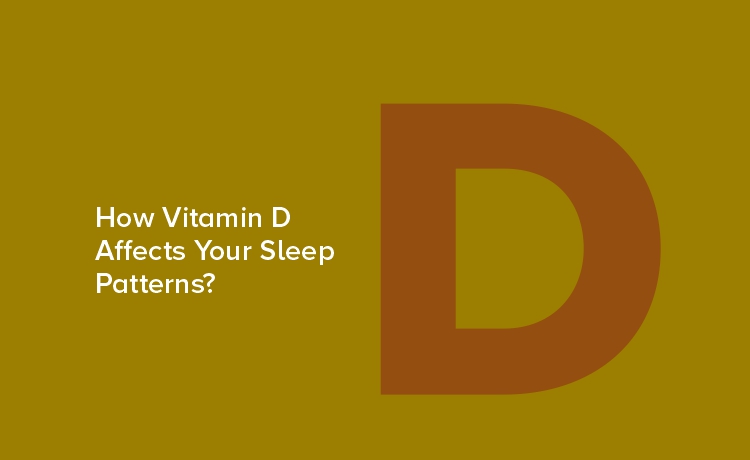
In the complex web of our health, sleep is often mentioned as one of the foundational pillars that keeps our well-being balanced. We spend about a third of our lives in the sweet grasp of slumber, regenerating both body and mind while our conscious self takes a break. But what if there was more to the story? What if the strength and quality of our sleep were intertwined with something as seemingly distant as the sun's rays?
Before we can leap to the bedtime stories, it’s crucial to understand what makes Vitamin D so central to our health. Unlike other vitamins that primarily come from our diet, Vitamin D is unique – our bodies can produce it when exposed to sunlight. But the story isn’t always so bright for those of us who spend most of our days indoors or live in regions where sunlight isn’t as plentiful.
Vitamin D plays a multitude of crucial roles, from strengthening our bones and supporting immune function to regulating mood. A growing pool of research suggests that it even affects our sleep.
When our skin soaks up the sun, it synthesizes Vitamin D, a process akin to a natural battery recharge.
Our bodies have an internal clock that dictates our circadian rhythms, effectively determining when we feel alert and when we’re ready to wind down. Vitamin D seems to have an influence on these daily cycles, potentially enhancing the production of sleep hormones like melatonin.
Exposing ourselves to natural light during the day can benefit our sleep-wake cycles. Studies have found that individuals with greater sun exposure tend to fall asleep faster, sleep longer, and have healthier sleep patterns.
The relationship between sleep and Vitamin D isn’t just about making sure you hit the sack promptly; it's also about protective custody.
Lack of sleep can lead to deficiencies in many areas, and Vitamin D is no exception. In a cruel twist, not getting enough shut-eye can further diminish our levels of this crucial nutrient, creating a troublesome loop that’s tough to break.
For those battling chronic sleep issues like insomnia, Vitamin D might offer a natural avenue for improvement. Research posits that supplementation can reduce symptoms and help balance sleep patterns.
Knowing the potential of Vitamin D to influence sleep patterns is just the beginning. To harness these benefits, it’s essential to adopt habits that will allow this nutrient to work its magic.
The most direct way to up your Vitamin D levels, and potentially improve your sleep, is by soaking in the sun. Just 15 to 30 minutes of sun exposure without sunscreen is typically sufficient for the body to start the necessary synthesis.
Not all of us can enjoy a daily dose of sunshine, which is where Vitamin D supplementation comes in. Balancing how much you take with your individual needs, especially in consultation with a healthcare professional, is key.
Optimizing your bedroom environment and pre-sleep rituals can consolidate the benefits of Vitamin D on your sleep. Keep electronics out of the bedroom, establish a calming bedtime routine, and create a dark, comfortable sleep space to set the stage for restful nights.
It’s clear that the connection between Vitamin D and sleep isn’t just a wistful theory but a deeply rooted one in our biological systems. By understanding and addressing our Vitamin D intake, we might just be able to unlock the secret to those elusive good nights we all covet.
But as with all things health-related, balance is essential. Excessive sun exposure comes with its own set of risks, and so does over-supplementation. The key is to find a rhythm that resonates with your lifestyle while considering both the benefits and the precautions.